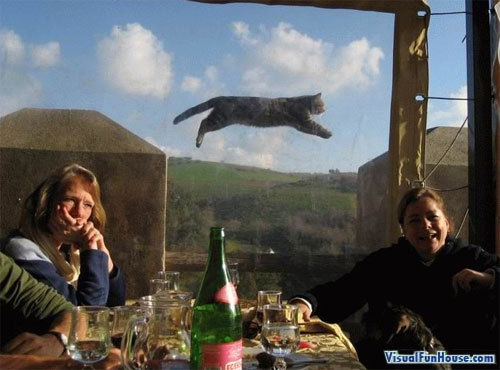
Every time I try to write this story it spins away from me. It started off simply enough. An old man in a pub was having an argument with a fat British skinhead and I heard the words ‘Nazi’ and ‘Hitler Youth’ and thought the old man was attacking the younger one for using the words. I was only half right. It’s happened before. He was, but only insofar as the old man resented being called a Nazi. He’d been in the Hitler Youth, like every other German boy of his age, because they were all conscripted on their thirteenth birthday. And it was great, he said. He really enjoyed it. They went on camps, they had big flags to fly and songs to sing and they lived in the golden summer in the open air and it was a dream come true in a time when most of the dreams had starved to death.
The elderly language teacher in Mr Norris Changes

Trains wasn’t skeletal because he was on a diet. But these boys had food and campfires and singing and hope and even better, if you’re thirteen, pistols to shoot and grenades to throw. They even got a special knife, the blade inscribed with Blut und Ehre, blood and honour. Free.
On the last day of his war the SS came to his village and marched all of the Hitler Jungend up to a field where they scrubbed around in the grass until they found a hatchway that nobody in the village knew was there, opening up a bunker that held brand new machine guns and more grenades and steel helmets. They issued the boys all of this gleaming kit and told them to defend the village, the fatherland and their honour while they, the SS, had some urgent business to attend to in the opposite direction to the one the Americans were arriving from. In about an hour.
The SS left, the boys grabbed as many guns as they could and their schoolmaster, when he saw them, as the leader of their Hitler Youth troop beat them up, made them throw all the guns in the ditch and sent them home crying.
Every time I try to write it it gets jumbled up with other stories I’ve heard first hand from the same time, the stories that are spinning away now, with so few left to tell them.
I heard from an American pilot who at the same time, April 1945 had to walk back from a dance, 22 miles, because he’d missed his transport, out shagging in Ipswich and a mission to fly to Czechoslovakia the next day, eight hours there and back five miles high. I heard at second hand of a Wermacht surgeon who the same month decided enough was enough, and walked home to Bremen from Czechoslovakia to surrender to the British, who once they’d emptied his pockets told him as he lived literally around the corner to piss off home.
Except they didn’t empty his pockets completely. I’ve held in my own hands the field surgery kit that lived in his pocket for five years, the green cloth roll holding the small forceps, the massively thick suture needles thicker than the ones sail makers use, the curved and the straight scalpel, the little sharpening stone. They let him keep them. Or maybe he went home first and emptied his pockets there, before he went out to surrender. I’ll never know the answer to that now because of time.
It was the fiftieth anniversary of D-Day in 1994. I remember the Battle of Britain Flight Lancaster flying over my house. I remember a curious dream where I could see an armada of ships stretched out to England and the horizon as the dawn broke grey across the water and knowing more and more ships would come and I would die.
I drank a lot back then. Maybe that’s why this picture fascinates me. I found it on the web by accident, yet another cat picture, but for me it’s more than that.
It’s England. It’s summer, with friends and food and wine and a funny cat off doing the things that cats do while we laugh and talk to each other and drink and we’re not going to have to go and fight in any wars, ever, and the green hills hold us close while behind us, ignored and always there, there’s the war, waiting. The England of Kate Bush’s Lionheart. My England and yours, where it’s been such a beautiful day and everything’s fine and yes, I will have another glass of wine, thank-you, and maybe some cheese. This red, sorry, what were you saying?
The triangular things the cat jumps between are dragon’s teeth. That’s what they were called back then. They stop tanks. They’re too big to drive over and too solid to blow up quickly, which is why they’re still there.
I don’t know who these happily drunk girls were that afternoon nearly twenty years ago. I think that’s when it was because of the colours of the picture. Because this is my history too. I don’t know what happened to them or whether they’re still happy now. But I know the stop lines across England were peppered with these concrete blocks and pillboxes from East Anglia to Wales, to hold the German advance when the invasion came. They were in the fields where the rivers meet at Tellisford, where I used to fish when I was a boy. The past is a different country and besides so many wenches are dead now and the young men too who should have met them. But at the same time the past is still here, just behind your shoulder, the thing your cat’s jumping off. And while we have their stories, so are they.



